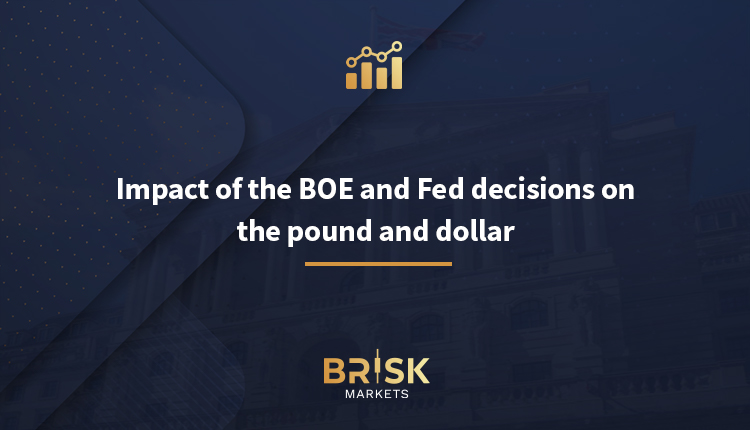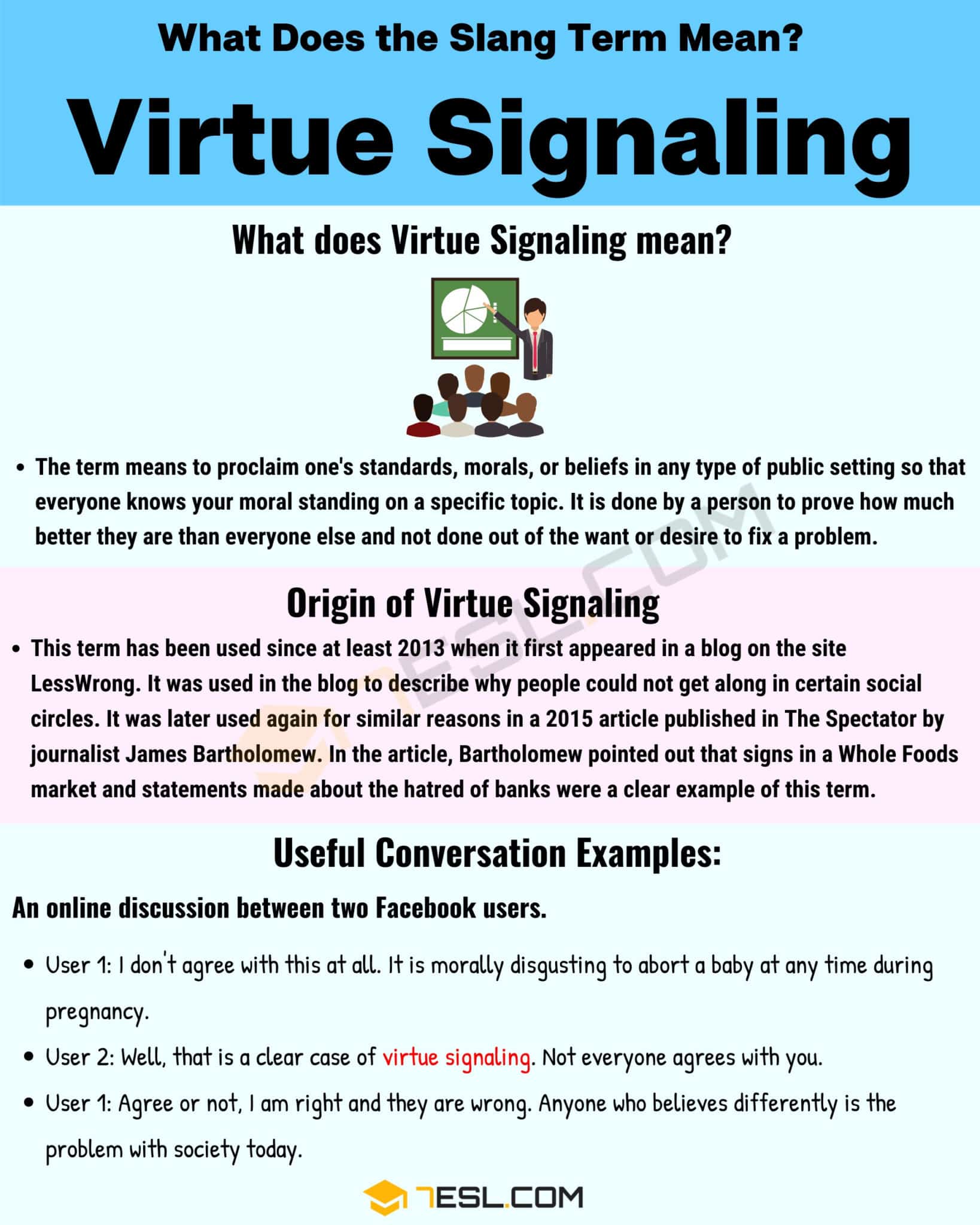Lower UK Inflation: Impact On BOE Interest Rate Decisions And The Pound Sterling

Table of Contents
The Bank of England's Response to Lower Inflation
The BOE's primary mandate is price stability, aiming to keep inflation at its 2% target. Lower UK inflation, while seemingly positive, presents a complex challenge for the Monetary Policy Committee (MPC). The MPC's decisions regarding interest rates are delicately balanced, considering a multitude of factors.
-
Potential for interest rate cuts or pauses in rate hikes: With inflation easing, the pressure to aggressively raise interest rates diminishes. The MPC might opt for interest rate cuts or, at the very least, pause further increases to assess the sustained impact of lower inflation. This could significantly impact borrowing costs for both consumers and businesses.
-
Analysis of the BOE's forward guidance and inflation forecasts: The BOE's public statements and inflation forecasts are crucial indicators of its future policy direction. Close monitoring of these communications is essential for understanding the MPC's assessment of the inflation outlook and potential responses. Any shift towards a more dovish stance reflects the influence of lower inflation.
-
Discussion of potential risks and uncertainties influencing the BOE's decisions: While lower inflation is generally welcomed, the BOE must consider potential risks. Persistent wage growth, despite falling inflation, could fuel inflationary pressures. Furthermore, global economic conditions, such as a potential recession, complicate the decision-making process. The BOE must carefully navigate these complexities.
-
Impact on lending and borrowing costs for consumers and businesses: Lower interest rates, a potential consequence of lower UK inflation, would translate to reduced borrowing costs for businesses, potentially stimulating investment. For consumers, this could mean cheaper mortgages and loans, potentially boosting consumer spending. However, lower returns on savings accounts are also a likely outcome.
Impact of Lower UK Inflation on the Pound Sterling
Inflation, interest rates, and currency values are intricately linked. Lower inflation, particularly if it leads to a less aggressive interest rate policy from the BOE, can influence the Pound's exchange rate.
-
Lower interest rates potentially lead to decreased demand for the Pound (capital outflow): Lower UK interest rates relative to other major economies might make the Pound less attractive to international investors. This could lead to capital outflow, putting downward pressure on the Pound's value.
-
Impact on UK exports and imports due to currency fluctuations: A weaker Pound could make UK exports more competitive globally, boosting demand. Conversely, imports would become more expensive, potentially contributing to inflationary pressures in the long run. This complex interplay necessitates careful observation.
-
Mention speculative trading and its influence on the Pound's value: Speculative trading activities in the foreign exchange market can significantly impact the Pound's short-term volatility. Anticipations about the BOE's future policy and global economic trends heavily influence these speculative moves.
-
Consider the influence of global economic factors on the Pound's strength: Global economic conditions, such as the strength of the US dollar or the Eurozone economy, significantly influence the Pound's value. These external factors are often beyond the BOE's control.
Analyzing Contributing Factors to Lower UK Inflation
Several economic factors have contributed to the recent decline in UK inflation. Understanding these factors is crucial for assessing the sustainability of the current trend.
-
Falling energy prices: A significant contributor to lower inflation has been the decrease in global energy prices, easing the pressure on household budgets and businesses.
-
Supply chain improvements: Easing supply chain bottlenecks have reduced production costs, contributing to lower prices for goods and services.
-
Changes in consumer demand: Shifting consumer spending patterns, potentially driven by economic uncertainty, have also played a role in easing inflationary pressures.
-
Government policies impacting inflation: Government policies, such as targeted support measures or tax changes, can influence inflation levels, albeit often indirectly and with delayed effects.
-
Global economic slowdown: A global economic slowdown can decrease demand for goods and services, leading to a reduction in prices.
Forecasting Future Inflation and BOE Actions
Forecasting future inflation trends is inherently challenging. While lower UK inflation is currently observed, predicting its continued trajectory requires caution.
-
Potential for inflation to remain subdued or rebound: Inflation might remain subdued, aligning with the BOE's target. Alternatively, a rebound is possible, driven by factors like persistent wage growth or unexpected supply shocks.
-
The BOE's ongoing monitoring of economic indicators: The BOE continuously monitors various economic indicators, including employment data, consumer spending, and producer price indices, to inform its policy decisions.
-
Uncertainty regarding future interest rate movements: The future path of interest rates remains uncertain, depending heavily on the evolution of inflation and broader economic conditions.
-
Consider the impact of unexpected global events: Geopolitical events or unforeseen global economic shocks could significantly impact UK inflation and the BOE's response.
Conclusion: Lower UK Inflation and its Ongoing Impact
Lower UK inflation significantly impacts the BOE's interest rate decisions and the value of the Pound Sterling. The interconnectedness of inflation, interest rates, and currency exchange rates is evident. While lower inflation offers potential benefits, considerable uncertainty remains regarding future economic trends. The BOE faces the challenging task of navigating these complexities. To effectively manage your finances and investments during this period of uncertainty, actively monitor UK inflation, understand UK inflation's impact, and pay attention to the impact of falling UK inflation on your portfolio. Stay informed by following reputable financial news sources and consider seeking professional financial advice to make informed decisions.

Featured Posts
-
 New York Rangers The Domino Effect Begins
May 26, 2025
New York Rangers The Domino Effect Begins
May 26, 2025 -
 New Orleans Jail Escape Uncovering The 10 Inmate Breakout
May 26, 2025
New Orleans Jail Escape Uncovering The 10 Inmate Breakout
May 26, 2025 -
 Bundesliga Rueckkehr Hsv Im Aufstiegsrausch
May 26, 2025
Bundesliga Rueckkehr Hsv Im Aufstiegsrausch
May 26, 2025 -
 Architectures Identity Crisis A Leading Architect On Virtue Signaling
May 26, 2025
Architectures Identity Crisis A Leading Architect On Virtue Signaling
May 26, 2025 -
 Is A Canada Post Strike Pushing Customers Away
May 26, 2025
Is A Canada Post Strike Pushing Customers Away
May 26, 2025
